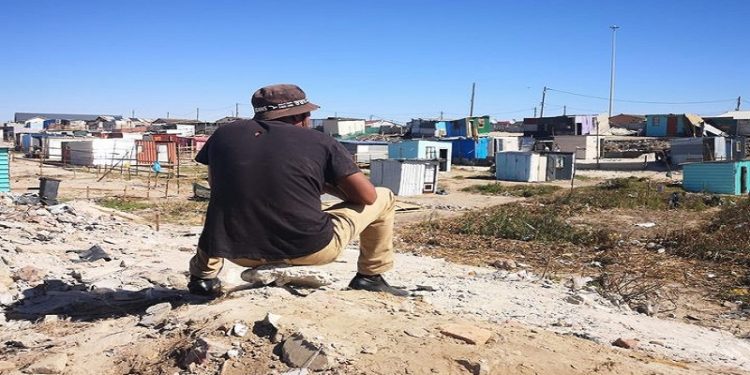VOC
After several years of debates and public participation, the National Assembly has passed the Expropriation Bill. In a statement, Public Works minister Patricia de Lille says the bill seeks to replace the ‘unconstitutional Expropriation Act of 1975’.
The first version of Bill was withdrawn in 2008 and re-tabled in 2015, only to be returned to national legislature in 2017 over an inadequate public participation process.
In August 2018, the ANC formally withdrew the existing expropriation draft law from Parliament to make way for another legislative proposal. Three years later, the ANC and EFF’s difference of opinion over what state-owned land entailed, saw a vote short of the required two-thirds majority, halting the amendment of section 25 of the Constitution.
The current legislative draft, tabled late in 2020, allows expropriation of land only for ‘public purposes and in the public interest’. Compensation is reliant on agreement between parties, in the absence of which the land-owner can approach the courts. Pending a court decision, nil compensation may be given for land that is abandoned, state-owned or held for speculative purposes.
“Expropriation is not unique to South Africa. The ability of governments to acquire or expropriate land for the public good is something that is found worldwide. These powers are given different names in different places. In the USA, the term used is “eminent domain”; in India and Singapore it is referred to as “land acquisition”. In the UK, New Zealand and Ireland it is called “compulsory purchase”; and in Canada, Russia, Brazil and most of Western Europe, these powers are referred to as “expropriation,” said de Lille.
De Lille warned against the narrative that government seeks to ‘expropriate without compensation’, further admitting that the land dispossession of people of colour during apartheid remains an emotive issue.
According to De Lille, the Department of Rural Development and Land Reform commissioned two land audits to determine the extent of “colonial land dispossession and apartheid forced removals.”
The first study found that:
- 79% of South African land was in private ownership
- 14% owned by the State, which is divided between land owned by national government departments, provincial governments and municipalities
- and 7% was unaccounted for
The DA, EFF, IFP, Freedom Front Plus, and ACDP have placed their objections on record. The parties cited concerns that the bill will limit land redistribution, a lack of proper drafting, the shifting of economic power and the undermining of property rights and investor confidence.
The bill is expected to head to the National Council of Provinces for commencement, before being signed into law by the president.
A draft ‘Land Court Bill’ also seeks to establish a specialist court, with powers equivalent to a high court, to assist in the expediting all land-related matters.






 WhatsApp us
WhatsApp us 

